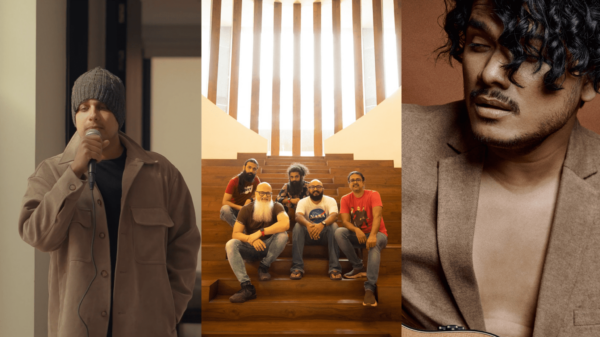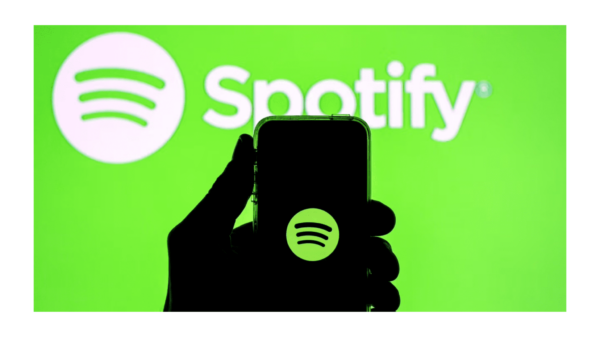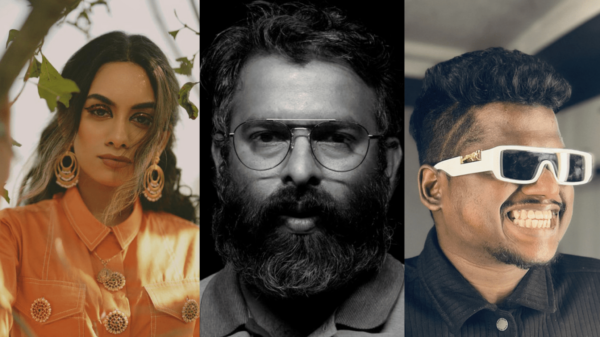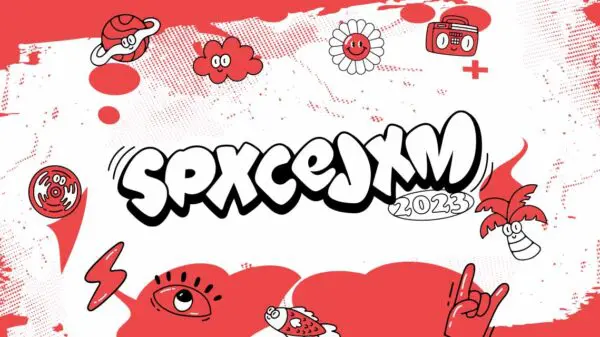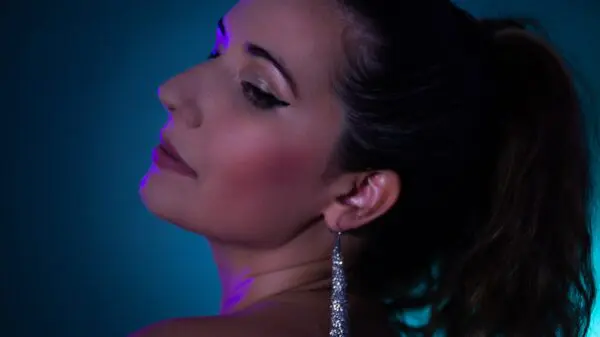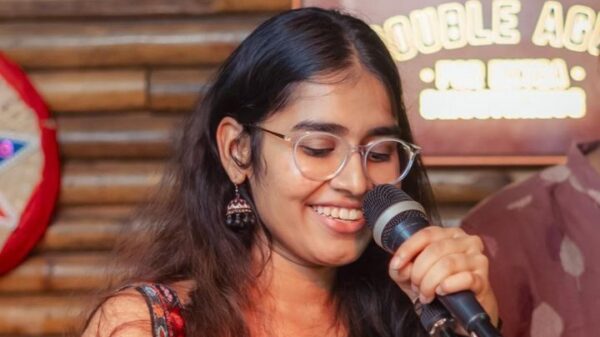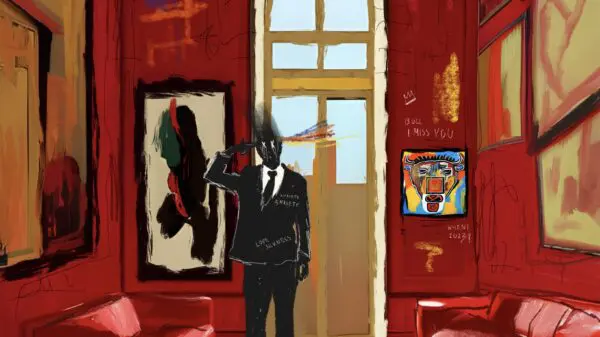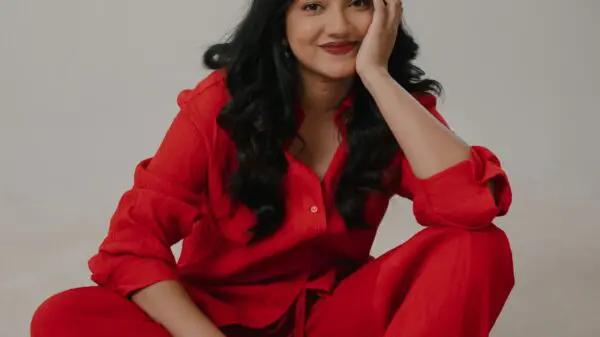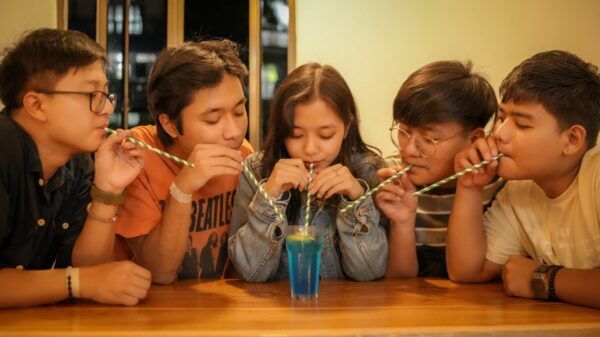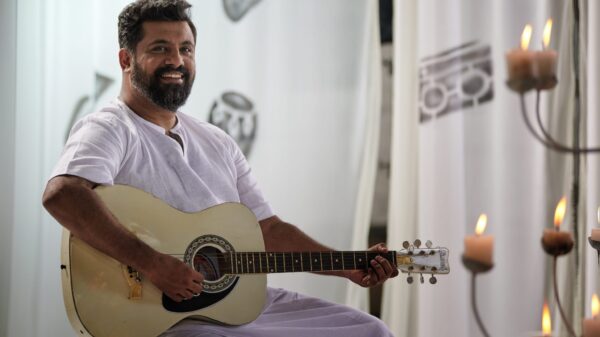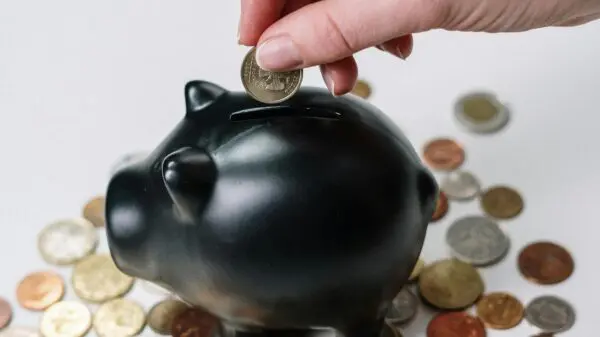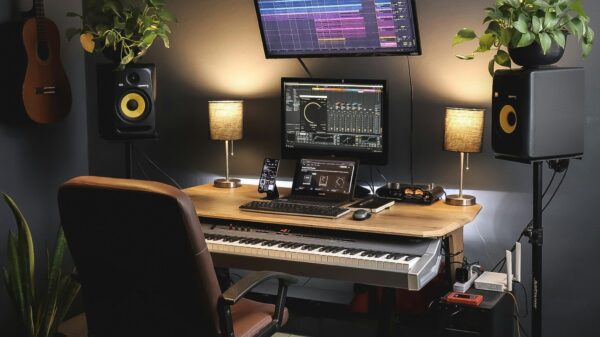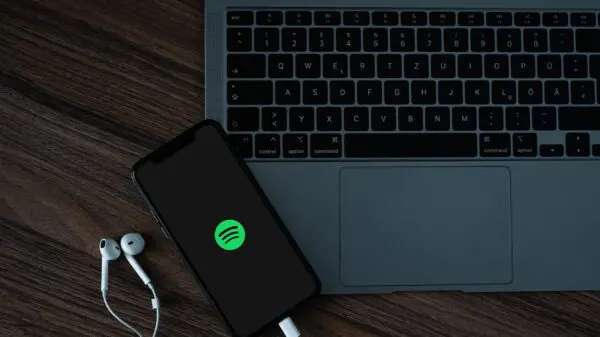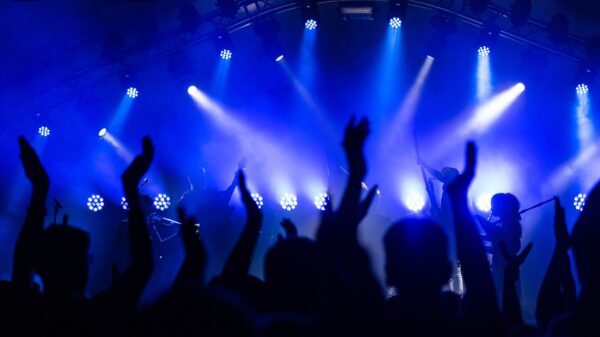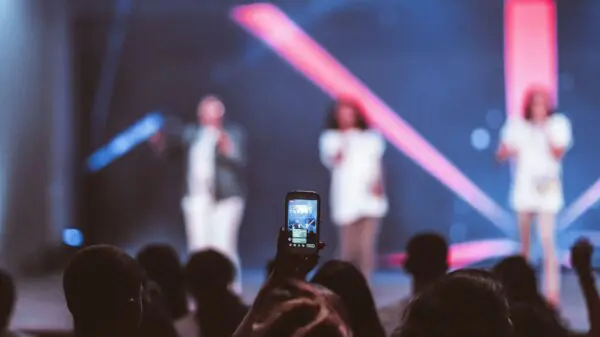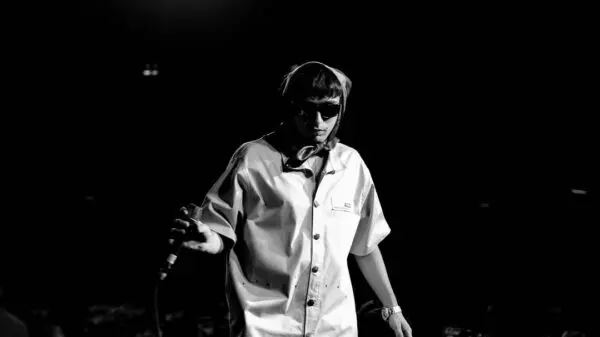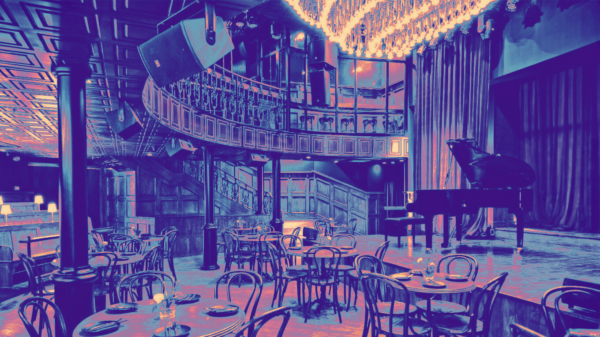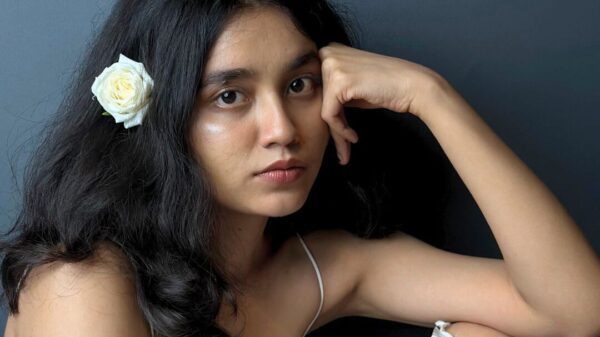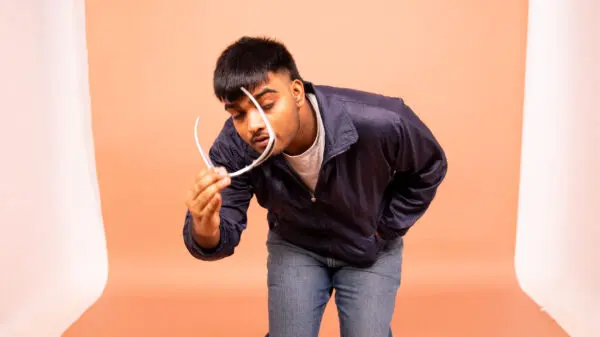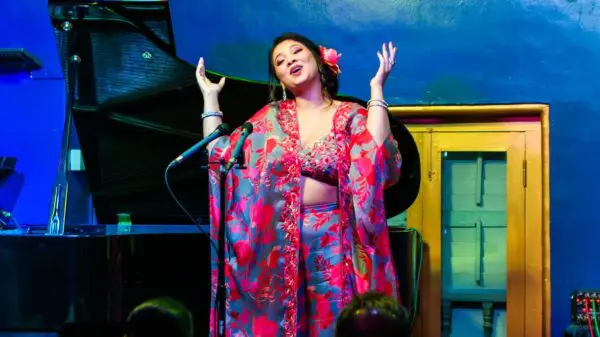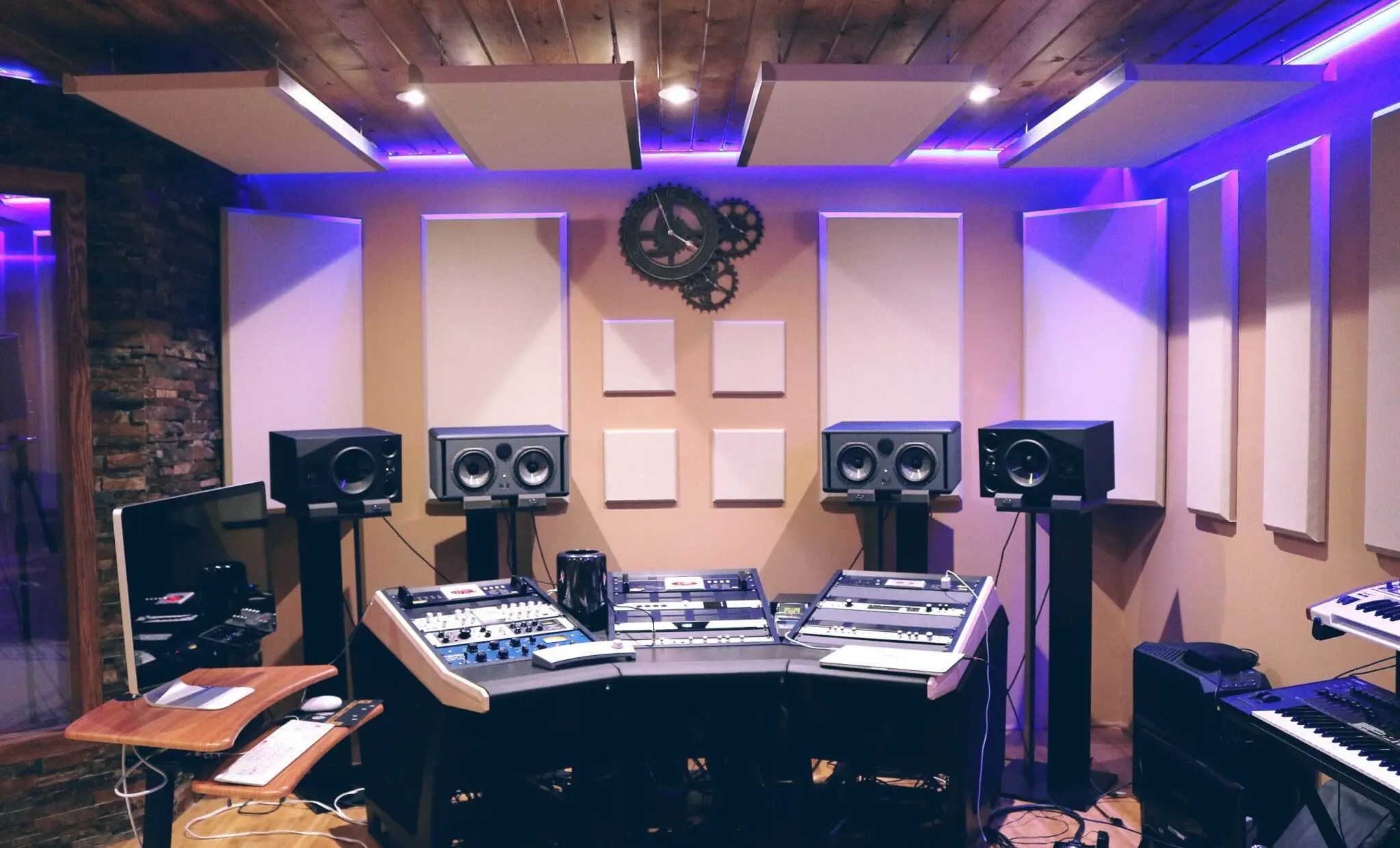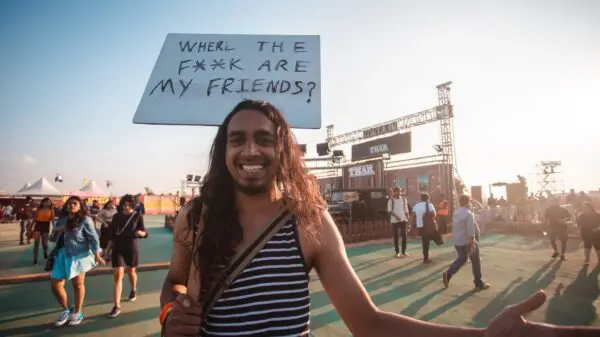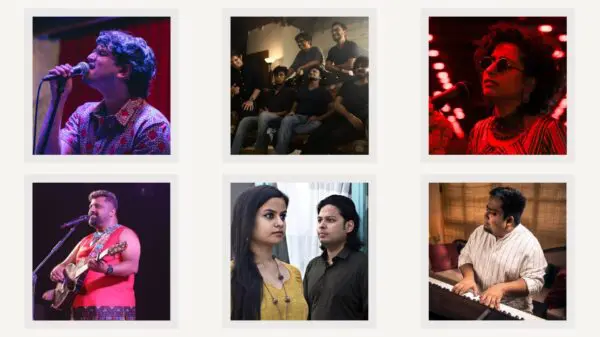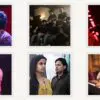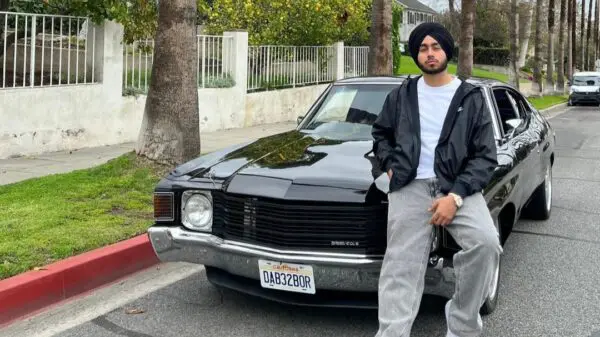My mother (Amma in Kannada) is from a family where everyone learnt to play an instrument or sing. A great grandfather spent his time playing the fiddle (pitilu in Kannada so was nicknamed pitil tata). Amma’s dad, my tata had innumerable vinyls of artists from ABBA to Yanni. Amma herself took veena lessons and my uncle still plays percussion. From this rich history, the inheritance passed on to me is a ‘great music taste’. Therefore the intersection of our music tastes is a rare occurrence but whenever it does happen, the confluence is as brilliant as Agam. We recently got to witness their magical performance together, where she sang along with her talas and even lead singer Harish Sivaramakrishnan shared our Instagram stories. However, if I hadn’t taken specific actions, we would have nearly missed out on this heartwarming day.


So when I realised they’re performing in Mumbai, I immediately checked the event details. It was on 5th August, Dublin Square, Phoenix Mall, Kurla. Though the timing was a little late, 8 onwards which implied a late return, I decided to manage for a day and bought tickets instantly. As the date approached, a particular concern crossed my mind. I recollected a past event at the venue, water wasn’t allowed inside so Amma was thirsty throughout the show, I was determined to ensure comfort this time. I reached out to the organisers proactively and happened to ask about seating as well. A tinge of panic chilled me as I was informed this is a no seating event.
Agam’s commitment extended beyond my mother, as they ensured all individuals in need of seating were accommodated. We thoroughly enjoyed the show and lead singer Harish admitted to having 101° fever and was performing only due to the miracle of modern medicine and the love of their energetic Mumbai fans. He couldn’t even make it for the soundcheck and the sound engineer was winging it with this experience. The day’s events remain almost surreal—a band responding to a fan’s Instagram message hours before a performance, with the lead singer battling health issues, sharing personal contacts, and ensuring a comfortable experience for everyone.
This made me wonder, what if I hadn’t tried at all? In the worst case my mother would probably stand for as long as possible and we’d leave but what about those who can’t stand at all? How many such experiences have they missed out on because the events aren’t truly accessible and inclusive for people with physical challenges? While certain venues may pride themselves on providing a ramp for wheelchair users, it’s often located inconveniently, requiring external assistance from others, defeating the purpose of independence. Heritage venues don’t often get the permission to modify structures leading to only able bodied people being able to access it. My brother, an ardent music fan, suffers from epilepsy, it’s always a risk to take him to events as triggering lights can induce seizures.
The issue is not confined to older individuals or those with health challenges. When did we universally accept that standing hours for events is alright? Recently, Taylor Swift fans were shamed on Tiktok for sitting during her performance. Since when did standing become the yardstick for appreciating art or creativity? It’s extremely ableist to expect fans to stand for hours, irrespective of whether or not they suffer from any health condition. It’s also bothersome given India’s predominant hot and humid climate.
Seated events aren’t only inclusive but also provide better visibility, convenience for essentials like water and restroom breaks, and easier emergency management. Maybe some would prefer to stand and cheer or dance during shows but clarity on amenities during ticket sales can help people make informed choices. Organisers can elevate events by making all spaces accessible to each fan and plan alternately organised shows to suit different people’s preferences, eg. providing a sign language translator. Accessibility should be integral to event planning, not an afterthought. Watching your favourite music artists perform live is a joyful, exhilarating experience and it should be a privilege that’s accessible to everyone without any compromise of comfort. Hopefully other bands and organisers take a leaf out of Agam’s book and be considerate for their future shows.
Aishwarya is an Indian writer/creator who isn't afraid of having 'too many strong opinions' and writes about feminism, mental and sexual health, pop culture. Always on the lookout for progressive Malayalam movies, interesting animes, global music and food.

